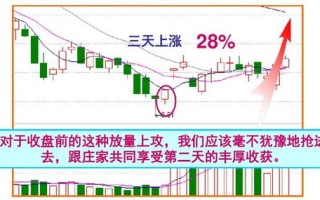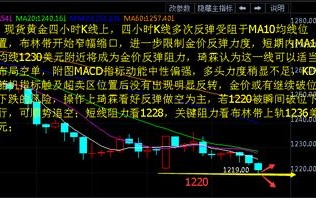Exploring Blockchain Hooks: Enhancing Decentralized Applications
Blockchain technology has evolved beyond its initial application of supporting cryptocurrencies. It now serves as a foundation for various decentralized applications (DApps) across multiple industries. One significant advancement within the blockchain realm is the concept of "hooks." In this discourse, we'll delve into the essence of blockchain hooks, their functionalities, and their potential impact on decentralized ecosystems.
Understanding Blockchain Hooks
Definition
: A blockchain hook refers to a piece of code that triggers predefined actions when specific conditions are met within a blockchain network. These conditions can range from transaction confirmations to smart contract events.Functionality
: Hooks enable developers to automate processes, enforce rules, and execute tasks in response to blockchain events. They provide a mechanism for realtime reactions within decentralized systems, enhancing efficiency and reliability.Types of Hooks
:1.
Transaction Hooks
: These triggers activate upon the confirmation of a transaction within the blockchain network. They can be used to monitor payment processing, validate data integrity, or execute subsequent actions based on transaction outcomes.2.
Smart Contract Hooks
: Smart contracts, selfexecuting contracts with predefined conditions, can utilize hooks to automate contract management. These hooks can be programmed to trigger when specific conditions embedded within the smart contract are met.3.
Block Hooks
: Block hooks activate upon the addition of a new block to the blockchain. They can facilitate functions such as periodic tasks, network maintenance, or consensus algorithm adjustments.Applications of Blockchain Hooks
1. Decentralized Finance (DeFi)
:Blockchain hooks play a pivotal role in the DeFi landscape by automating various financial processes. For instance, in decentralized lending platforms, hooks can trigger collateral liquidation when borrowers breach predefined loantovalue ratios. They also facilitate interest payments, automated trading, and liquidity provisioning in decentralized exchanges (DEXs).
2. Supply Chain Management
:
In supply chain management, blockchain hooks enable realtime tracking and verification of goods as they move through the supply chain. Hooks can trigger alerts for inventory restocking, quality control checks, or shipment notifications based on predefined criteria encoded in smart contracts.
3. Identity Management
:Blockchain hooks enhance identity management solutions by automating identity verification processes. They can trigger identity validation upon user registration, detect fraudulent activities, and enforce compliance with Know Your Customer (KYC) regulations in decentralized identity systems.
4. Gaming and NonFungible Tokens (NFTs)
:In the gaming industry, hooks power ingame transactions, item transfers, and rewards distribution in blockchainbased games. Moreover, NFT platforms leverage hooks to automate royalty payments to content creators whenever their digital assets are traded or resold on secondary markets.
Challenges and Considerations
While blockchain hooks offer significant benefits, several challenges and considerations must be addressed:
1.
Security
: Ensuring the integrity and security of hooks is paramount to prevent malicious actors from exploiting vulnerabilities to manipulate blockchain events.2.
Scalability
: As blockchain networks scale, the efficiency and responsiveness of hooks must be maintained to accommodate increasing transaction volumes and network activity.3.
Interoperability
: Standardizing hook implementations across different blockchain protocols can enhance interoperability and facilitate seamless integration with existing systems and applications.4.
Privacy
: Careful consideration must be given to privacy concerns, especially when hooks involve sensitive data or user information.Conclusion and Future Outlook
Blockchain hooks represent a powerful tool for automating processes and enhancing the functionality of decentralized applications across various industries. As blockchain technology continues to mature, the adoption of hooks is expected to proliferate, driving innovation and efficiency in decentralized ecosystems.
To leverage the full potential of blockchain hooks, developers and industry stakeholders must collaborate to address security, scalability, interoperability, and privacy challenges. By doing so, blockchain hooks can pave the way for a more seamless, efficient, and interconnected decentralized future.
References
:1. Buterin, V. (2014). Ethereum White Paper: A NextGeneration Smart Contract and Decentralized Application Platform.
2. Swan, M. (2015). Blockchain: Blueprint for a New Economy. O'Reilly Media, Inc.
This HTML document provides a comprehensive overview of blockchain hooks, their applications, challenges, and future prospects. Feel free to reach out for further clarification or assistance.







